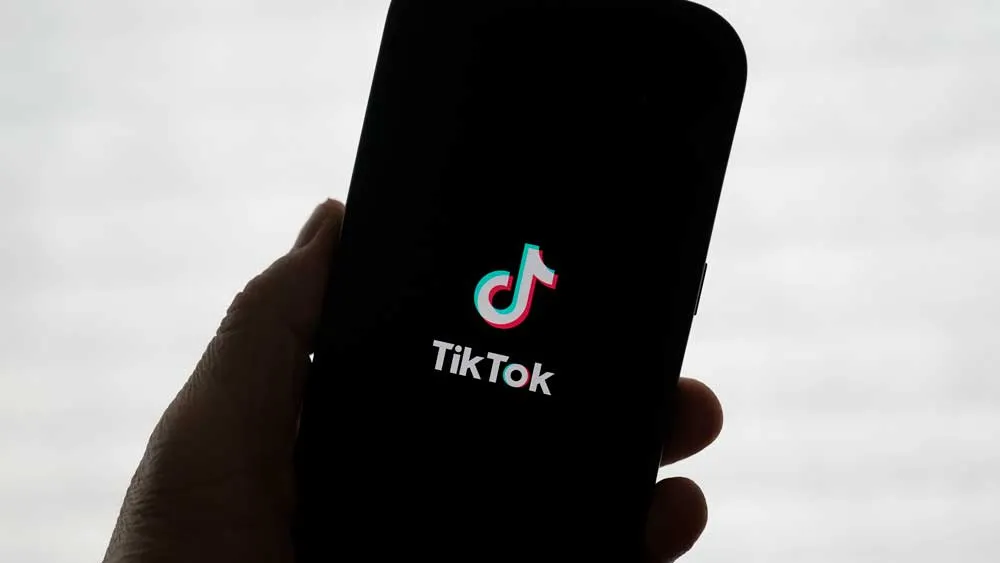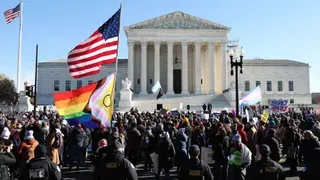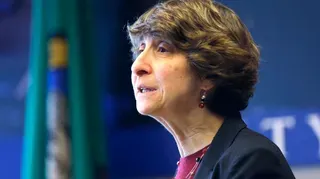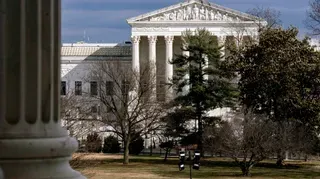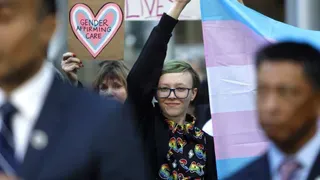December 28, 2024
Most Americans Blame Insurance Profits and Denials Alongside the Killer In UHC CEO Death, Poll Finds
Linley Sanders, Tom Murphy and Amelia Thomson-Deveaux READ TIME: 4 MIN.
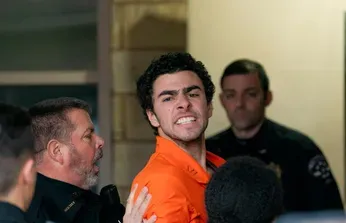
For young people, blame is spread equally between insurers and the killer
Americans under 30 are especially likely to think a mix of factors is to blame for Thompson's death. They say that insurance company denials and profits are about as responsible as Thompson's killer for his death. About 7 in 10 U.S. adults between 18 and 29 say "a great deal" or "a moderate amount" of responsibility falls on profits made by health insurance companies, denials for health care coverage by health insurance companies or the person who committed the killing.
Young people are also the least likely age group to say "a great deal" of responsibility falls on the person who committed the killing. Only about 4 in 10 say that, compared with about 6 in 10 between 30 and 59. Roughly 8 in 10 adults over 60 say that person deserves "a great deal" of responsibility.
About two-thirds of young people place at least a moderate level of blame on wealth or income inequality, in general.
People under 30 are more likely to place blame on the media, with 54% saying that compared with about one-third of older adults.
About 3 in 10 struggled with coverage from health insurance in the last year
Frustrations with health insurers, coverage and the complicated U.S. health care system have been simmering for years among patients.
About 3 in 10 Americans say they have had a problem getting coverage from their health insurer in the last year, whether those involved problems finding a suitable provider in-network, a claim getting denied or issues getting prior authorization or insurer approval before care happens. These struggles are more prevalent among Americans under 60.
UnitedHealthcare says prior authorizations help eliminate waste in the system and let people know whether care will be covered before it is delivered. It says less than 2% of the insurer's customers experience a denial of care from prior authorizations annually.
Roughly 3 in 10 in the poll say immediate family or close friends have experienced problems getting coverage from their health insurer in the last year. Americans under 30 are among the most likely to say they don't have health insurance.
Most Americans get health coverage through their job or by purchasing individual policies. Separate, government-funded programs provide coverage for people with low incomes or those who are age 65 and over or have severe illnesses or disabilities.
–-
The poll of 1,001 adults was conducted Dec. 12-16, 2024, using a sample drawn from NORC's probability-based AmeriSpeak Panel, which is designed to be representative of the U.S. population. The margin of sampling error for adults overall is plus or minus 4.2 percentage points.
___
Associated Press writer Tom Murphy reported from Indianapolis,
